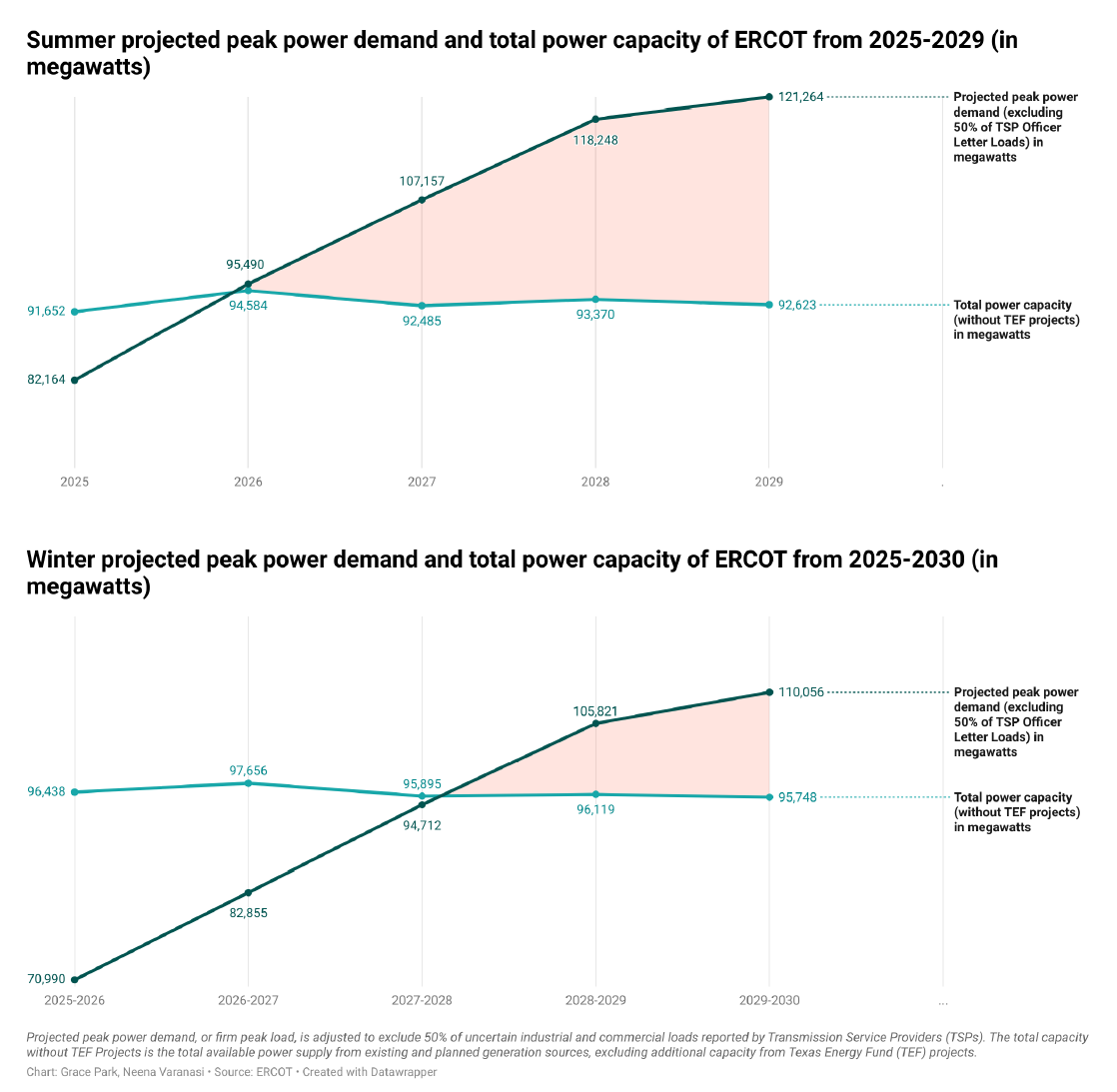In 2009, Austin Water lost almost $53 million in revenue because of increased rainfall across Texas and lower consumption rate, said David Anders, assistant director of business support services for the utility company.
In response, this Tuesday, Austin Water enacted the new fixed Revenue Stability Fee, which will cause monthly rates to increase based on the amount of water used, he said.
“Our average customer consumes 77 hundred gallons of water and 47 hundred gallons of wastewater [monthly],” Anders said. “Currently, that costs the consumer about $64.88. Under the new rates, it will rise to $72.67, which is about a 12 percent increase [per consumer on average].”
He said the fee will most significantly impact consumers who use more than 15,000 gallons of water monthly.
Director of residential facilities Randy Porter said the Department of Housing and Food Services would certainly be affected by an increase in rates.
“Utility rates are obviously part of our expenses, and they factor into our anticipated costs,” Porter said.
He said the department has been trying to limit water usage by replacing all shower heads and toilets with low usage systems during any remodeling. He also said the department tries to educate its residents about conservation.
“We implement a lot of conservation-type programs to try to keep our costs down,” he said. “And we are always looking at ways to limit our water consumption.”
Juan Ontiveros, executive director of utilities at UT, said because these increases are targeted at large consumers they will more greatly affect the University.
“The largest rate increases that we get are always in water and wastewater,” Ontiveros said.
UT has been working hard to limit consumption, and through these efforts, UT consumes 17 percent less water than it did in 2006, Ontiveros said.
“The University uses water for its cooling systems, and by capturing the condensation from [them], we have been able to save about 39 million gallons of water,” Ontiveros said. “Additionally, the University makes all of its own electricity, and water is used in our energy manufacturing process. Cleaner and more efficient energy production at UT means less water consumption.”
He said the University has also made water conservation efforts such as shutting off campus fountains and limiting irrigation, but there is only so much the University can do to conserve water.
“Even though we do a lot of things to reduce water consumption, the campus still uses a lot of water,” Ontiveros said. “There is not much else you can do when you have 70,000 people on campus.”
Ontiveros said the University has a responsibility to use its resources wisely, which it is seeking to uphold.
“The campus is trying to be a good steward and do the right thing,” Ontiveros said. “We have always said that whatever we don’t spend on utilities, we can spend on academics.”
Printed on Wednesday, November 2, 2011 as: Austin Water raises rates, utility costs up for some




















